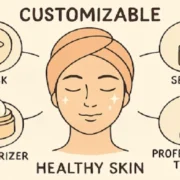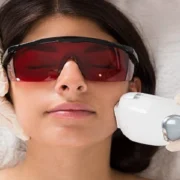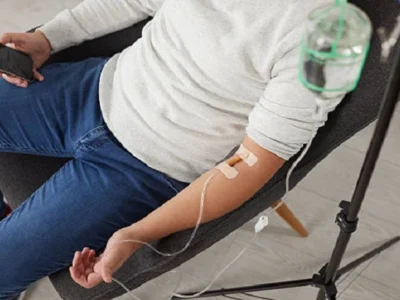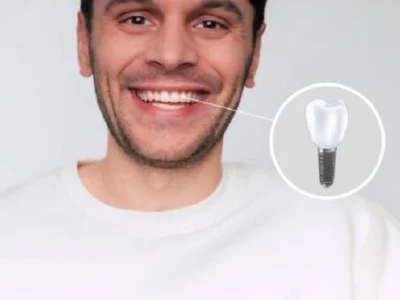Introduction
Home healthcare services are a kind and affordable option to hospital stays that can help people feel better and give their families a break. In this care, nutrition is very important. Total Parenteral Nutrition (TPN) is a hopeful way to make sure that patients get all the nutrients they need from normal diets, which is good for their health and well-being as a whole.
For those with conditions that render typical eating or digestion ineffective, TPN at home serves as a vital lifeline. Total Parenteral Nutrition (TPN) is a special kind of nutrition that gets nutrients to the body through an IV instead of the gut system. People who have serious digestive problems or can’t eat certain foods need to get back to normal.
This study looks at TPN’s part in home healthcare, its benefits, how caregivers can handle it, and how they can work together with healthcare professionals to make it work better. It shows how important it is becoming for future home healthcare options.
Understanding Total Parenteral Nutrition (TPN)
At first look, the idea of total parenteral nutrition might seem scary. Through a central venous catheter, TPN provides a carefully balanced mix of carbohydrates, proteins, fats, vitamins, and minerals straight into the bloodstream. This full nutritional package can be used instead of or in addition to food, which is very important for people whose digestive systems don’t work.
The Mayo Clinic pointed out that giving TPN needs strict rules and regular checks to make sure it stays clean and the nutrients are exactly what the patient needs, which helps keep their health in good shape.
When is TPN necessary?
TPN is necessary for people whose conditions make it very hard for them to digest or absorb food normally. This includes people with severe Crohn’s disease, bowel blockages, short bowel syndrome, or who are going through cancer treatments that make them feel sick all the time.
By going around the body’s normal digestive pathways, TPN provides a direct way to give nutrition, which helps keep these patients’ health stable. This method stops patients from not getting enough food and speeds up their healing, letting them stay in the comfort of their own homes while their important nutritional needs are met.
The Benefits of TPN in Home Healthcare
One of the critical advantages of TPN is its capacity to provide essential nutrition without requiring prolonged hospitalization. Even though it gives patients the freedom to be involved in family and community life, this comes with some problems, such as the fact that TPN takes a lot of time and relieving patients on medical tools can be hard on their emotions.
TPNs may also lower hospitalization costs by limiting admissions and letting patients stay in the hospital for shorter periods of time. However, the total financial effect isn’t always positive because of the cost of special supplies and equipment. Even with all of these problems, TPN helps patients be strong and resilient, which speeds up their healing and improves their quality of life even when they are facing big health problems.
Managing TPN: Tips for Caregivers
Caregivers play a big role in managing TPN therapy, making sure the patient gets the right information, keeping them clean, and keeping an eye out for any possible side effects. They are the link between the patient and the healthcare workers. They make sure that the treatment is tailored to the patient’s changing medical needs and that all the details of the procedure are carefully followed.
Caregivers should learn about TPN, make sure the equipment is clean, and keep a close eye on the patient’s health for any changes or possible side effects. If they notice anything, they should tell medical professionals right away.
Potential Challenges and How to Address Them
Even though TPN plays a key part, it does face some problems. There can be problems, like infections at the site of the catheter, problems with the kidneys, and problems with bone density. So, strict adherence to aseptic practices and constant supervision are very important. Healthline says that making personalized care plans is important for reducing these risks, which shows how important it is to take a unique approach to healthcare.
Collaborating with Healthcare Professionals
For home-based TPN treatment to work, patients must have strong relationships with healthcare professionals. For TPN methods to work with a patient’s changing health situation, they need to be matched with regular appointments and changes to the treatment plan. This cooperative approach not only makes TPN work better, but it also builds patients’ confidence by letting them know that their care is being coordinated by a group of professionals whose only goal is to improve their health.
Conclusion
The future of Total Parenteral Nutrition (TPN) in home healthcare looks bright, thanks to progress in medical technology and more personalized care options. More and more people with chronic diseases are taking care of their conditions at home. TPN is an important lifeline that provides personalized nutritional support. New portable infusion devices and ways to connect online make things safer, easier, and more independent for patients.
TPN fits in with the growing trend of patient-centered care because it focuses on making people’s lives better. TPN delivery will continue to get better thanks to ongoing research and cooperation between healthcare professionals and technology developers. This will make sure that it stays an easy-to-access, effective, and necessary part of home-based medical care.
Caring Touch Home Health Makes a Difference in Patients’ Lives










Comments